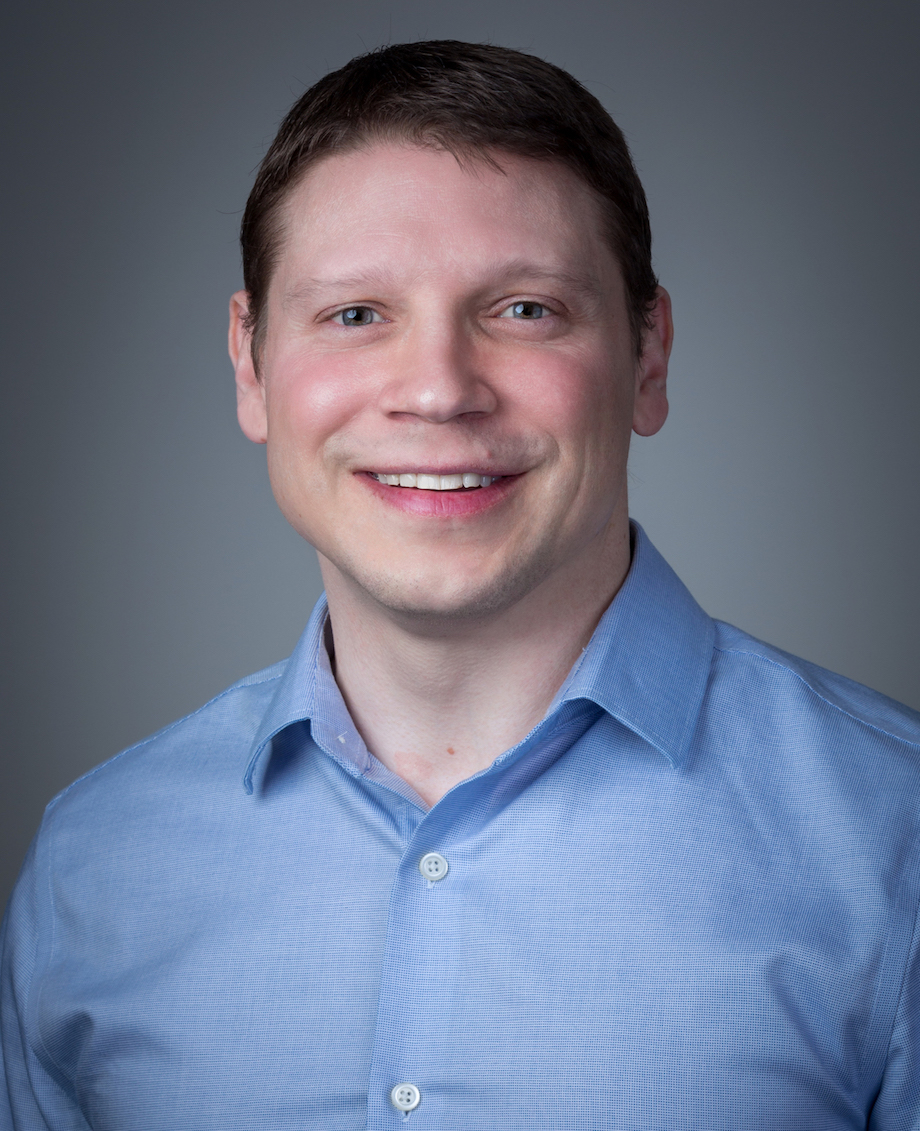Butryn, Theodore M

Professor of Sport Sociology & Sport Psychology: Dept. of Kinesiology
Research Fellow: North American Society for the Sociology of Sport
Preferred: theodore.butryn@sjsu.edu
Telephone
Preferred: (408) 924-3068
https://x.com/DrTedsportcult
Education
- Doctor of Philosophy, Univ Of Tennessee-Knoxville, 2000
- Master of Arts, Sport Psychology, San Jose State University, California, United States, 1997
- Bachelor of Science, Human Performance & Sport Studies (Emphasis in Sport Psychology), University of Tennessee (Knoxville), Tennessee, United States, 1993
Licenses and Certificates
Research Fellow: North American Society for the Sociology of Sport (2017)
Bio
I am currently in my 26th year as a faculty member at San Jose State University. More specifically, I am a Professor of Kinesiology with a specialization in Sport Sociology, Applied Sport Psychology, and Qualitative Research Methodologies in the Department of Kinesiology.
Broadly speaking, my academic life involves the intersection between sport sociology, sport psychology, and cultural studies, and thus most of what I do comes from an critical interdisciplinary (or transdisciplinary) perspective. Put simply, my work involves examining the intersection of sociological and psychological factors as they relate to various aspects of sport, exercise and identity.
Over the years, I have done quite a bit of research related to cyborg theory and sport, and the relationship between "natural" and "artificial" aspects of contemporary societies and bodies. For example, 1) How do high school and elite distance runners use and experience supershoes? 2) How do NCAA DI coaches see the role of technology affecting their profession? 3) What is the role of technology and spectacle in the narratives of distance runners Eliud Kipchoge and Faith Kipyegon?
I am also currently examining different aspects of marijuana and sport. Most recently, we have examined DI coaches' attitudes towards athlete marijuana use, as well as the use of marijuana for mediating mental health issues.
In years past, I have also examined the psychology and sociology of MMA and the UFC, as well as the cultural meanings of professional wrestling. For example: 1) how do pro MMA fighters cope in and out of the octagon? 2) how does pro wrestling and the WWE relate to neoliberalism and global capitalism? 3) how do female MMA fighters like Ronda Rousey get represented in various media sources?
In addition, along with colleagues Jay Johnson and Matt Masucci, I was the PI of a 2-year World Anti-Doping Agency grant looking at how elite, female triathletes come to know about various forms of doping and the anti-doping movement.
Finally, I have supervised approximately 100 graduate students' final theses and research projects. My graduate students have worked on, and in some cases published, theses and projects across the range of sport psychology and sociology, and especially issues where the psychology of athletes and coaches intersect with larger societal issues and happenings.